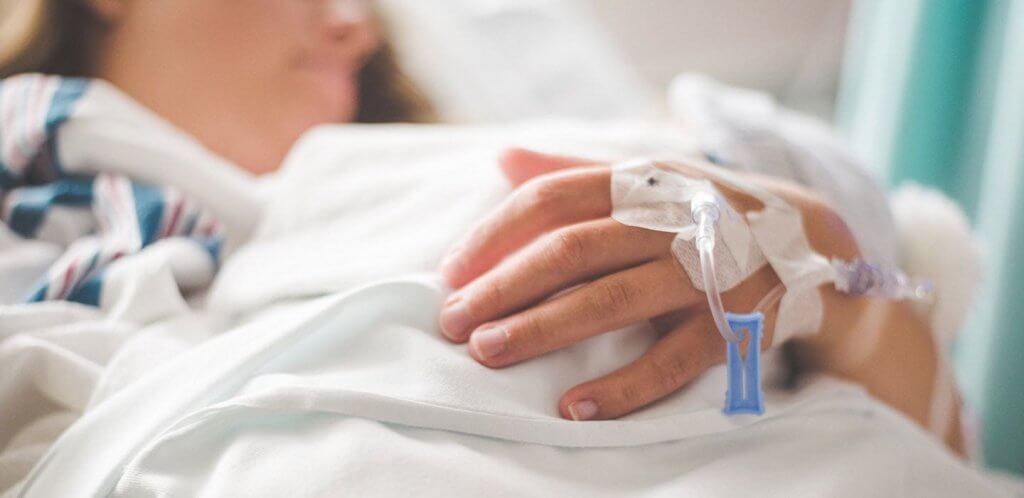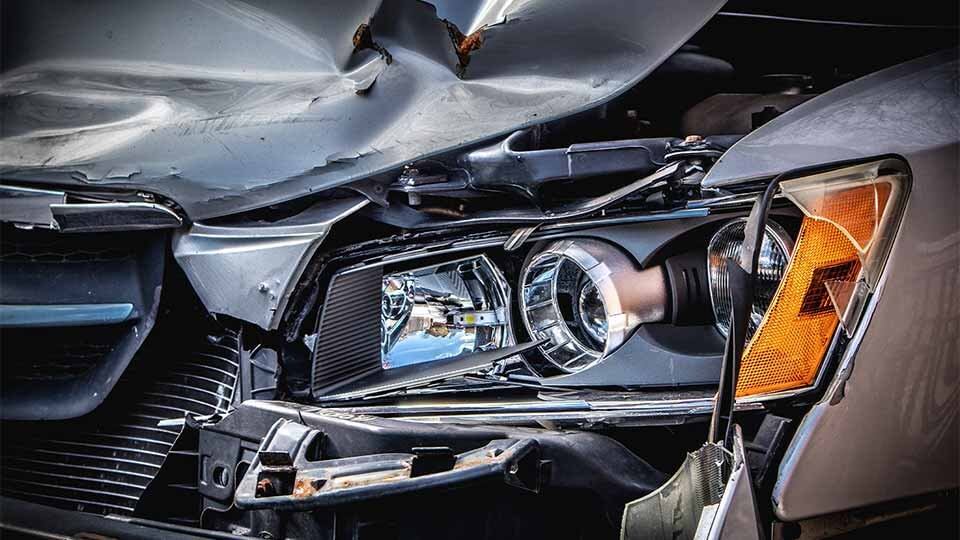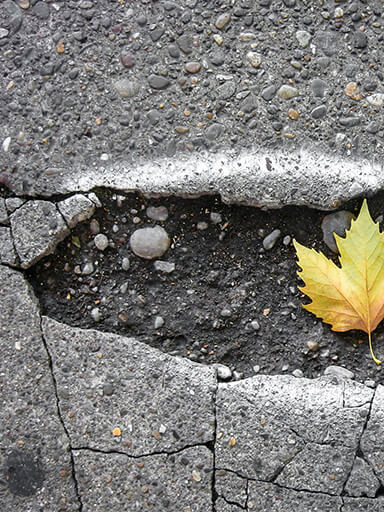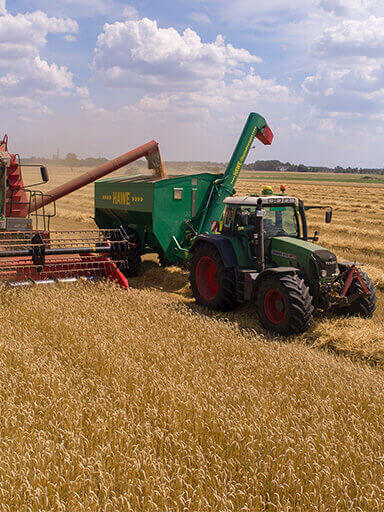Work Accident
Specialist Clinical Negligence Solicitors
APIL Accredited Solicitor
We Put Our Clients First
No Win No Fee
Help with Rehabilitation & Recovery
Call 0800 0747 644 now or request a callback
Cerebral Palsy Solicitors: Cerebral Palsy Negligence Claims
Here at Grieves, we understand that watching your child grow up with a condition such as cerebral palsy is devastating, and that the devastation you feel is only worsened by the possibility that your child’s illness was caused by someone’s negligence.
Cerebral palsy is a condition which has the potential to have been caused through brain injury negligence by medical professionals during your child’s birth.
If you are concerned that your child may have been affected by clinical negligence, contact us today to discuss your case with our compassionate team of expert solicitors.
What is cerebral palsy?
Cerebral palsy is the name given to a group of conditions associated with poor muscle coordination and movement. The disease is the result of damage sustained to the brain either during pregnancy, labour, or shortly after birth. A reduced oxygen supply to the baby during or after birth can cause cerebral palsy, as can infections caught by the mother and passed on to the child during pregnancy.
In instances where babies are starved of oxygen during labour, it is the midwife’s or doctor’s job to ensure the baby is delivered as quickly as possible to minimise damage to the brain. In some cases of cerebral palsy, it is shown that errors made during labour cause children to be left without oxygen. Such errors typically constitute medical negligence.
What are the symptoms of cerebral palsy?
Cerebral palsy is a condition which affects a child’s ability to walk and coordinate his or her limbs effectively; as such, the condition cannot be identified during the first days and weeks after birth, but becomes apparent as the child grows and tries to use his or her muscles. Symptoms – which typically include floppy muscles (or, alternatively, stiff muscles), significant delays in reaching developmental milestones, and jerky movements don’t become apparent until the child is a few months old.
Not all children with cerebral palsy are affected in the same way. For some children, the effects of the palsy are purely physical, with some children experiencing only mild difficulties and others struggling to walk or function independently. As well as physical characteristics, there are a number of learning difficulties and speaking problems associated with the condition, too, but not all children experience these. For some children, attending a mainstream school is impossible, while for others, it is perfectly possible, but some adaptations may be required to make the school more accessible for the child.
How is cerebral palsy diagnosed?
Diagnosing cerebral palsy can be tricky; many of the symptoms of the condition mirror the symptoms of other, less severe conditions, and a true diagnosis cannot be made until the child has reached a certain age, although most children are diagnosed within the first two years of their lives.
A specialist will begin to check for cerebral palsy by questioning the parents about the mother’s pregnancy, her labour, and the child’s birth; if problems occurred during this time (for example, with the cord and the baby’s oxygen supply), it’s possible that the palsy occurred then, perhaps as a result of negligent behavior.
Brain scans are often conducted to look for obvious signs of brain injury.
We work on a no win no fee basis.
Find out how much you could claim for your injury.
98% of Clients Would Recommend Us to a Family Member
What treatments are there for cerebral palsy?
There is no cure for cerebral palsy, but treatments have been designed to help alleviate some of the symptoms. Some therapies, such as physiotherapy and medication to help alleviate muscle stiffness and other problems, are available on the NHS, but others are not. This is particularly true of novel surgical techniques, some of which are only available abroad. Parents often have to raise money for these experimental operations themselves.
For families who have proven that their children’s illnesses are due to clinical negligence, the money offered as compensation can help to fund medical treatments that aren’t yet available on the NHS or in the UK.
The amount of compensation offered to parents affected by cerebral palsy clinical negligence can be considerable. The sum that is agreed on is put together by an expert panel who endeavour to gauge how much money the child will need over the course of his or her life in order to manage their disability. The money is intended to be used for wheelchairs, therapies, surgeries that aren’t available on the NHS and home adaptions to encourage wheelchair accessibility and independence.
Should I claim?
If you suspect that your child’s illness is due to clinical negligence, call our Medical Negligence Solicitors today to discuss your case with our friendly team of expert clinical negligence solicitors. Our team will work with you to give you the very best outcome and we have a no-win-no-fee policy.
Let us help you




